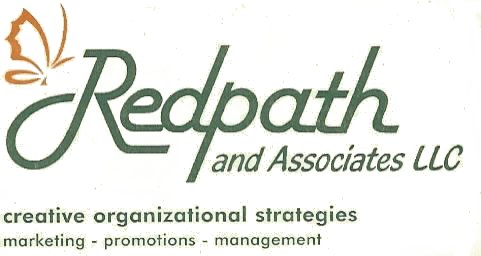Give the money to the poor
An incongruous sight teased my peripheral vision as I made my way through early traffic in center city Philadelphia. A pile of brightly-colored material seemed to have feet. Then I managed to take in the entire scene. I realized I was passing a small park and was looking at a homeless person huddled against the early morning cold. Immediately I was struck by the contrast between my leaving a lovely home to attend a seminar in Philadelphia for my enjoyment and people just barely surviving on the street. What I was about to pay for parking would feed a homeless person for a week.
I arrived at the Convention Center early so I walked the few blocks back to the park. I hoped there might be a café or convenience store nearby. Then I could offer some food to the unfortunate stranger. After an uncomfortable walk through a slightly distressed part of Chinatown, I arrived in an environment in which I felt quite unsafe. No safe businesses around where I could seek refuge.. no crowds walking by…just me in an unfamiliar place.
I felt at risk and, as a result, I didn’t approach the homeless person. I stood a couple of hundred feet away, wanting to approach, but aware that I would be placing myself at risk. I live in a very nice house, with a wonderful wife and two quirky cats. I have only slept outdoors by choice, for enjoyment. There might as well have been a mile-wide chasm between me and the homeless person. There was nothing sensible I could conceive of to make a difference. I returned to the Convention Center, frustrated.
We are surrounded by those in need and continually are challenged in our ability to help. But we are called to do all that we can. Jesus’ observation “For you always have the poor with you”(Matt. 26:11) doesn’t let us off the hook. If anything, it calls us to continuous action. In God’s economy, there is abundance, there is no need for anybody to be in want. But there is a human catch.
Consider Jesus’ conversation with the rich young man. The young man approaches Jesus and inquires into what he must do to have eternal life. Jesus outlines the commandments the young man must follow. The young man replies that he is doing all of those things. There is still something more he needs to do, though. He asks Jesus’ guidance. Jesus instructs him, “If you wish to be perfect, go, sell your possessions, and give the money to the poor and you will have treasure in heaven; then come, follow me.” (Matt. 19: 21) But the rich young man had many possessions and went away, grieving.
The story feels uncomfortably familiar. The rich young man was willing to do anything to enter heaven; that is anything but give up the wealth with which he had been blessed by God. While God blessed the young man with riches which he was to share, he had become so attached to those riches that he could not let go of them, even at the peril of his eternal salvation. Many of us wrestle with the same struggle. We are extremely faithful in many ways. We are even very generous in sharing with others. But we can’t bring ourselves to put sharing our abundance first, to shake loose of our attachment to our possessions.
It is a real test of our faithfulness to accept that all that we have is not ours, but God’s. And God wants us to use it to do His work. But, it won’t be easy as we deal with our attachment to our comfort as well as stepping into situations we may view as risky. Tithing, giving 10 percent of all we have to God first, is like that. It means giving beyond our comfort level and even taking a risk as we trust that God will provide whatever we need even though we seem to be giving what we need away. That is how God’s economy works.

